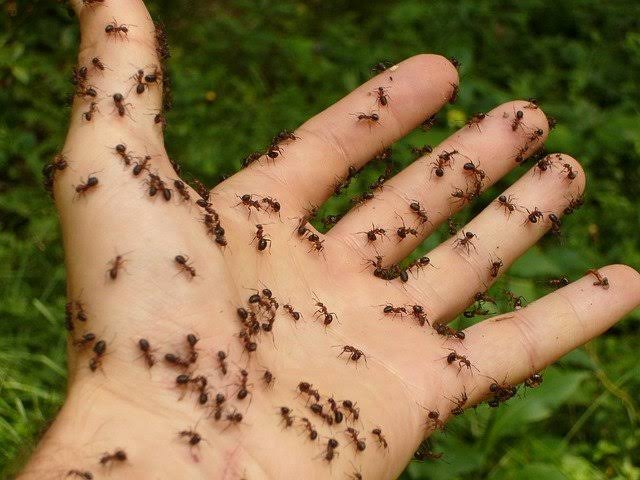Entomophobia, the fear of insects, affects millions worldwide, often leading to significant distress and impairment in daily life. While fear of bugs may seem irrational to some, for those with entomophobia, it’s a very real and overwhelming challenge. However, understanding the condition and seeking appropriate support can pave the way to overcoming this fear.
Understanding Entomophobia:
Entomophobia is classified as a specific phobia, characterized by an intense and irrational fear of insects. Common insects that trigger this fear include spiders, cockroaches, bees, and ants. Symptoms can range from mild anxiety to severe panic attacks when encountering or even thinking about insects.
Causes of Entomophobia:
Several factors contribute to the development of entomophobia, including past traumatic experiences with insects, learned behavior from parents or peers, genetic predispositions, and cultural influences. Additionally, exaggerated portrayals of insects in media and entertainment can exacerbate existing fears.
Effects on Daily Life:
Entomophobia can significantly impact an individual’s daily life, leading to avoidance behaviors such as refusing to go outdoors, avoiding parks or wooded areas, or excessive cleaning to prevent insect encounters. This fear can also interfere with relationships, work, and recreational activities, diminishing overall quality of life.
Treatment Options:
Fortunately, there are effective treatments available for entomophobia. Cognitive-behavioral therapy (CBT) is a commonly recommended approach, helping individuals identify and challenge irrational thoughts about insects while gradually exposing them to controlled situations involving insects. Exposure therapy, a component of CBT, allows patients to confront their fears in a safe environment, gradually reducing anxiety over time.
Seeking Support:
If you or someone you know struggles with entomophobia, seeking professional help is essential. Mental health professionals, such as psychologists or therapists, can provide personalized treatment plans tailored to individual needs. Support groups and online forums can also offer valuable encouragement and solidarity from others facing similar challenges.
Conclusion:
Entomophobia can be a debilitating condition, but it’s not insurmountable. With the right support and treatment, individuals can learn to manage their fear of insects and regain control over their lives. By understanding the underlying causes, seeking appropriate help, and gradually confronting fears, it’s possible to overcome entomophobia and embrace a life free from the constraints of fear. Remember, you’re not alone, and help is available every step of the way.
Source – cleveland clinic



